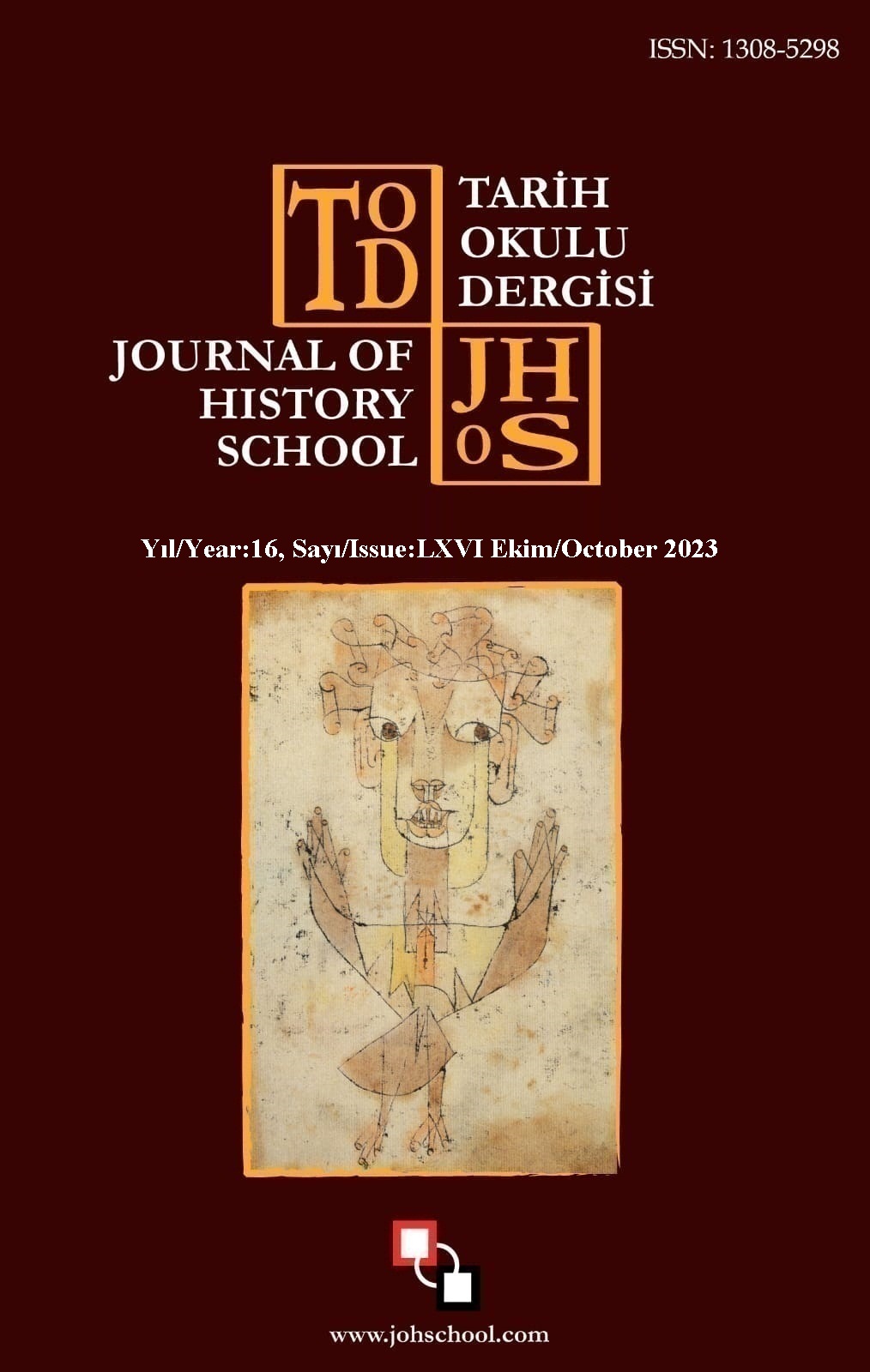Author :
Abstract
Çocukların doğayla ilk deneyimleri, doğayla ömür boyu sürecek bir bağ kurmada, doğayı korumada ve tanımada büyük önem taşımaktadır. Doğa temelli çevre etkinliklerinin çocukların doğaya yakınlıklarına etkisini araştırmak amacıyla yapılan bu çalışma ön test-son test kontrol gruplu yarı deneysel desende gerçekleştirilmiştir. Araştırmanın çalışma grubunu; Antalya ili Muratpaşa ilçesinde bir okul öncesi eğitim kurumunun iki ayrı sınıfına devam eden, daha önce doğa ve çevre ile ilgili herhangi bir eğitim programına katılmamış, kontrol grubunda 18 çocuk ve deney grubunda 22 çocuk olmak üzere toplam 40 çocuk oluşturmaktadır. Araştırmanın verileri; “Kişisel Bilgi Formu” ve “Çocuklar İçin Biyofili Ölçeği” aracılığıyla toplanmıştır. Araştırmanın sonucunda deney grubundaki çocukların “Çocuklar İçin Biyofili Ölçeği” ön test-son test puanları arasında istatistiksel olarak anlamlı farklılık bulunduğu, deney grubundaki çocukların son test puanlarının ön test puanlarından daha yüksek olduğu belirlenmiştir. Araştırmaya katılan çocukların tamamının en çok biyofobik tercihte bulunduğu maddenin “su birikintisinde zıplama” olduğu görülmüştür. Sonuç olarak doğa temelli çevre etkinlikleri çocukların doğaya yakınlıklarını arttırmada etkili olmuştur.
Keywords
Abstract
Children's first experiences with nature are of great importance in establishing a lifelong bond with nature, protecting and recognizing nature. This study, which was conducted to investigate the effect of nature-based environmental activities on children's affinity towards nature, was carried out in a quasi-experimental design with pretest-posttest control group. The study group of the research consisted of a total of 40 children, 18 children in the control group and 22 children in the experimental group, attending two different classes of a preschool education institution in Muratpaşa district of Antalya province, who had not participated in any education program related to nature and environment before. The data of the study were collected through “Personal Information Form” and “Biophilia Scale for Children”. As a result of the study, it was determined that there was a statistically significant difference between the pre-test and post-test scores of the children in the experimental group and that the post-test scores of the children in the experimental group were higher than the pre-test scores. It was seen that the item that all of the children participating in the study had the most biophobic preference was “jumping in a puddle”. As a result, nature-based environmental activities were effective in increasing children's affinity towards nature.





